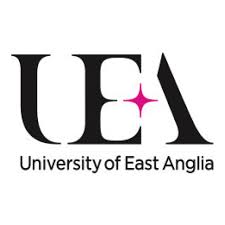Immerse yourself in the wonder of biological organisms and processes at the molecular level with this MSci in Biochemistry. Explore all aspects of life from molecules to cells, tissues and organisms, right up to populations and ecosystems. Learn from leading research scientists who are specialists in their fields of study.
With this version of the course, you’ll spend a year living and studying abroad, gaining a unique, career-shaping insight into the teaching, research and culture of another country.
This course is for you if you have a strong background in chemistry and are enthusiastic about applying this to the study of biological systems. It is ideal if you want to go on to work in industry, or to progress to a PhD and a career in research.
As a biochemist, you’ll have the potential to make an impact on many areas of contemporary science, including health, nutrition, clean energy and tackling pollution. Biochemists are frequent winners of the Nobel Prize for Chemistry.
On this course, you’ll follow the same programme as our MSci Biochemistry students, but you will spend your third year studying abroad at a partner university in Europe, Asia, Oceania (including Australia), or the Americas (including USA and Canada). You will experience and learn from the differences in teaching, research and culture – and make valuable contacts for your career. Our biochemistry degrees are taught jointly by the Schools of Biological Sciences and Chemistry. This dual approach means that in all elements of the course you benefit from subject-specific experts who inform our undergraduate teaching. Both Schools have research environments recognized to be internationally excellent and with researchers generating outputs of international standing.
Our research makes use of a wide array of facilities such as multi-photon and laser scanning confocal microscopes for the study of cells and tissues at the molecular level, high-field magnetic resonance (both NMR and EPR) spectrometers and X-ray diffractometers for the study of molecular structure, mass spectrometers, liquid and gas chromatography systems, and fluorescence and electron microscopes.
You will benefit from our enviable position as an integral partner of the Norwich Research Park, which is also home to the Norfolk and Norwich University Hospital and independent, world-renowned research institutes such as the John Innes Centre (research in plant and microbial sciences), the Sainsbury Laboratory (plant-microbe interactions), the Earlham Institute (computational biosciences and biotechnology) and the Quadram Institute (gut health, microbiology and food science).

